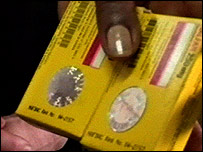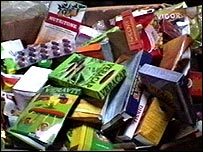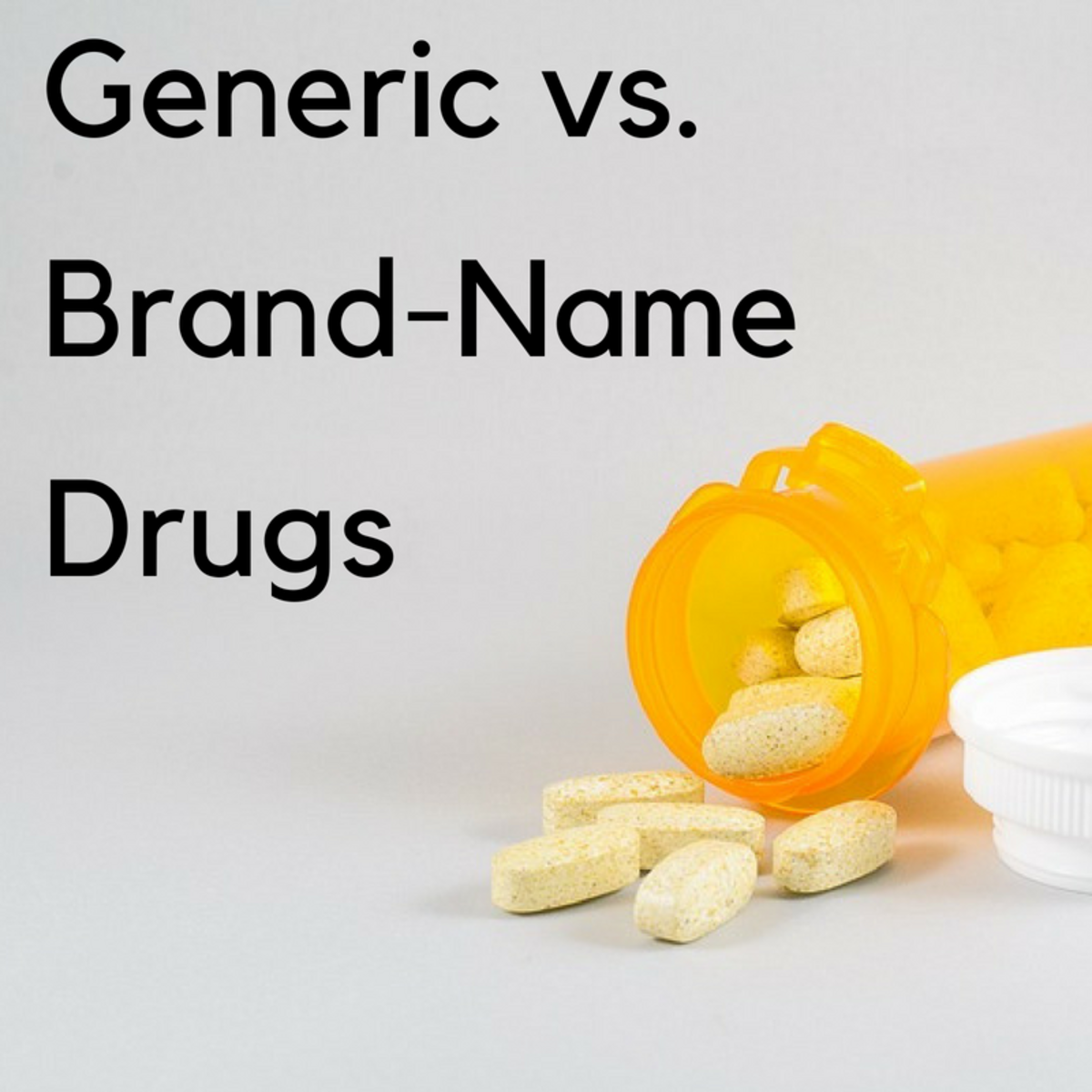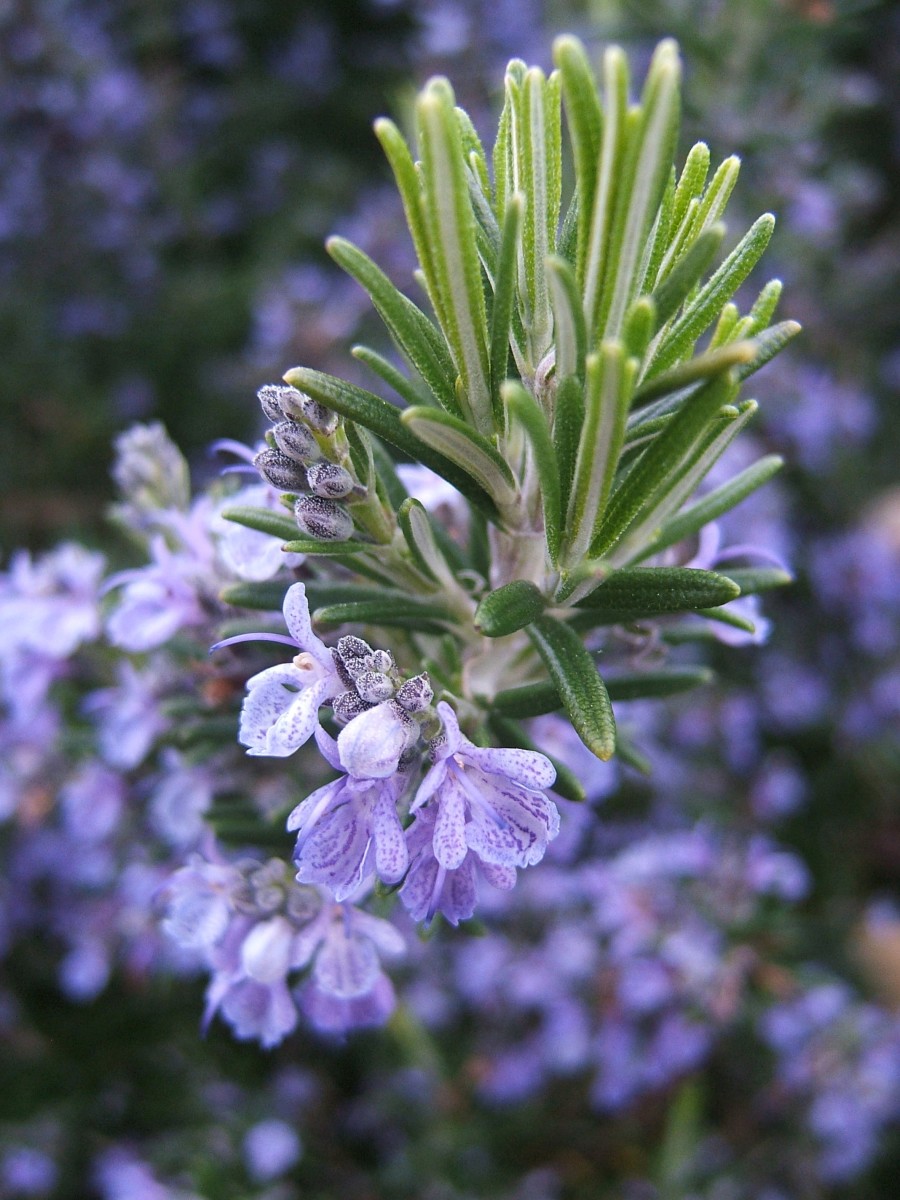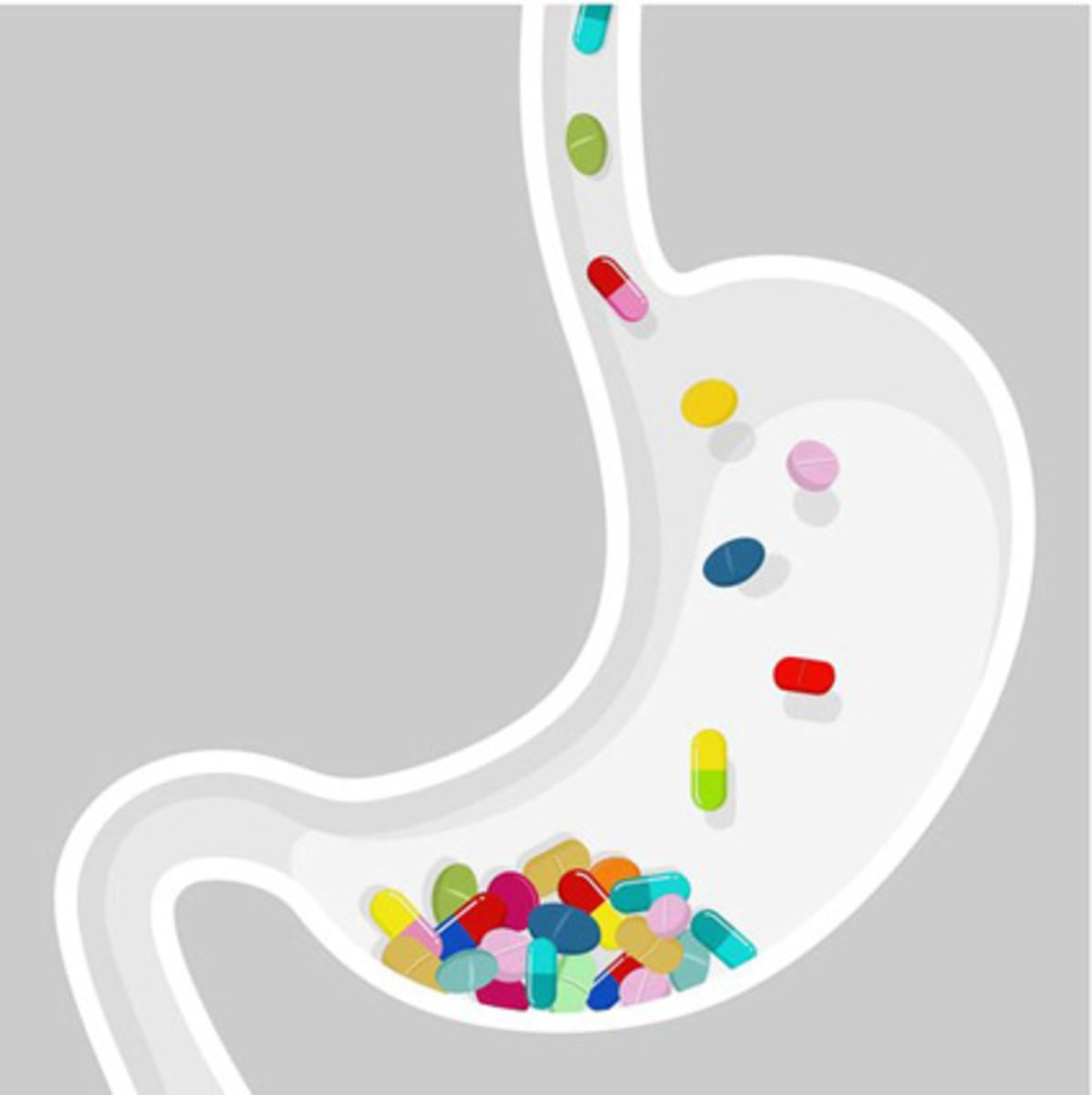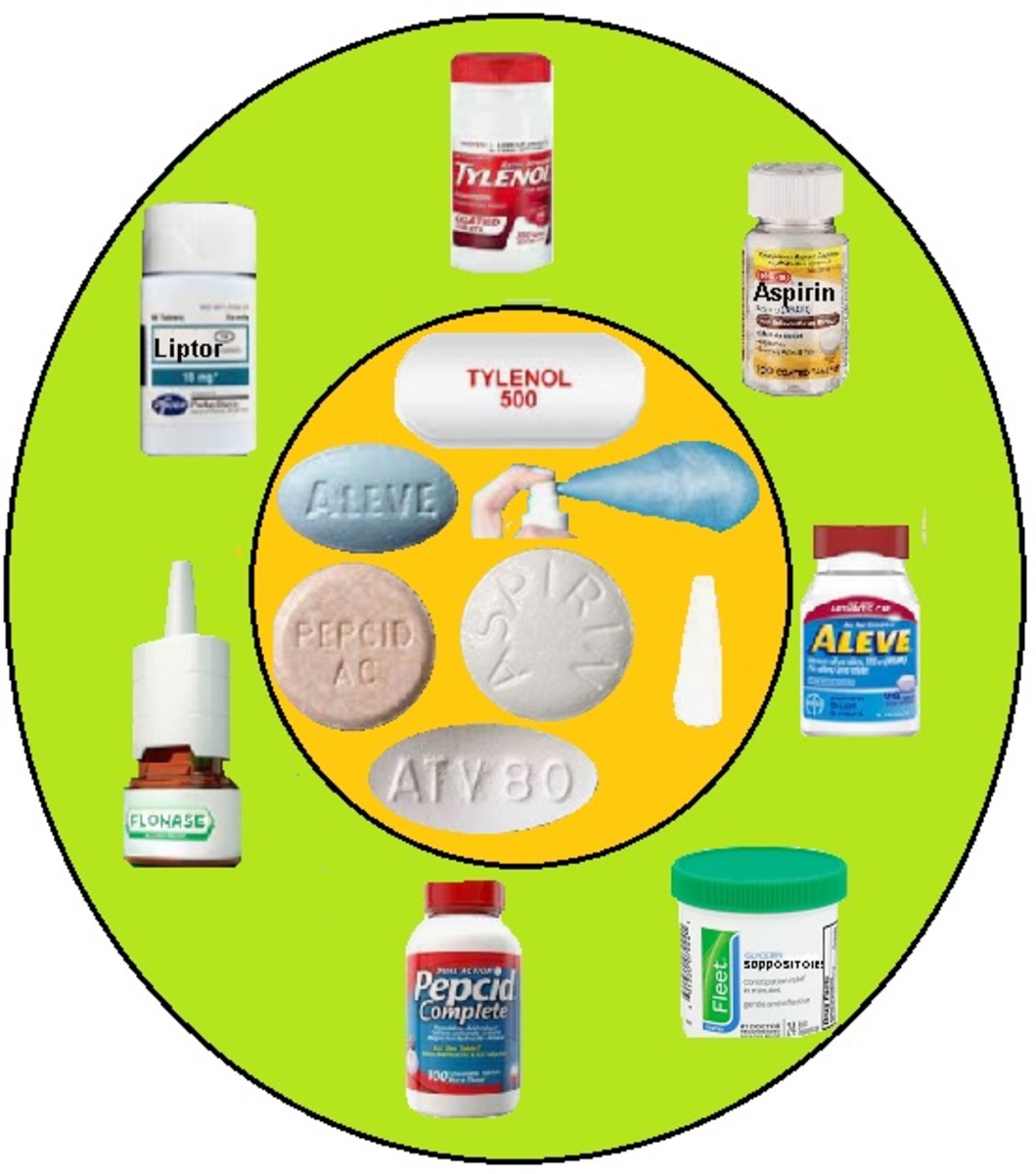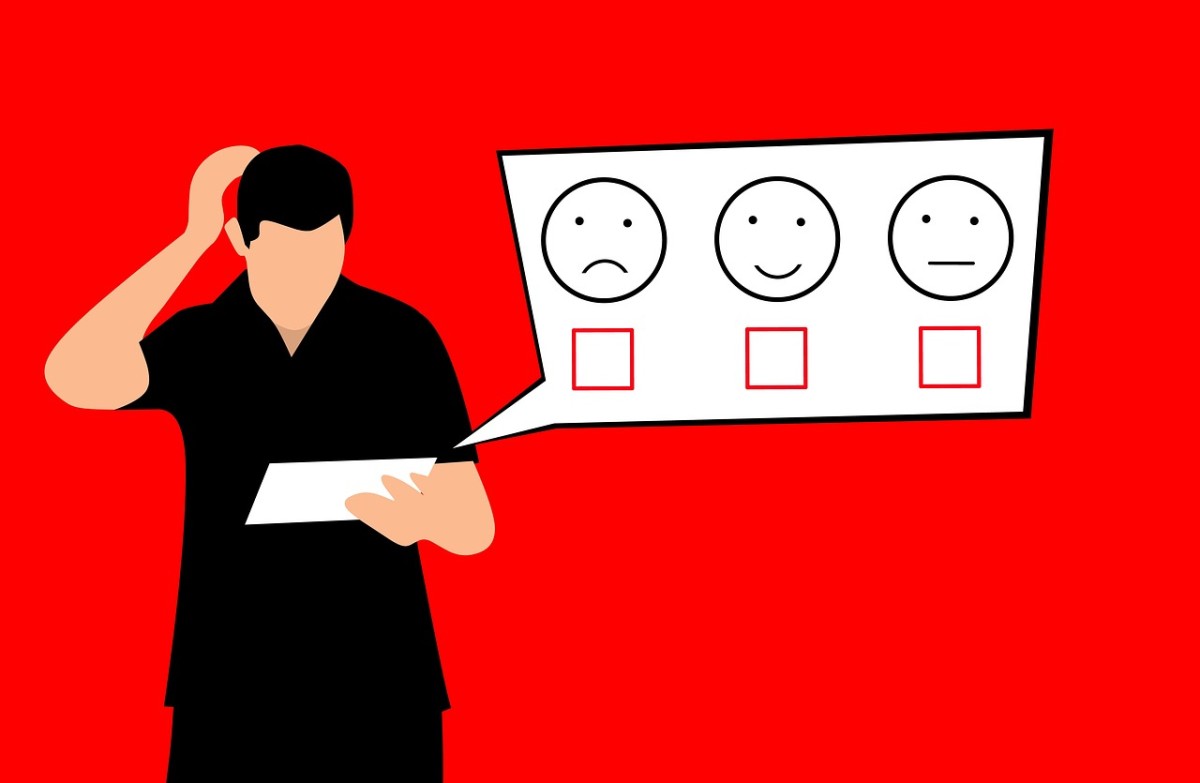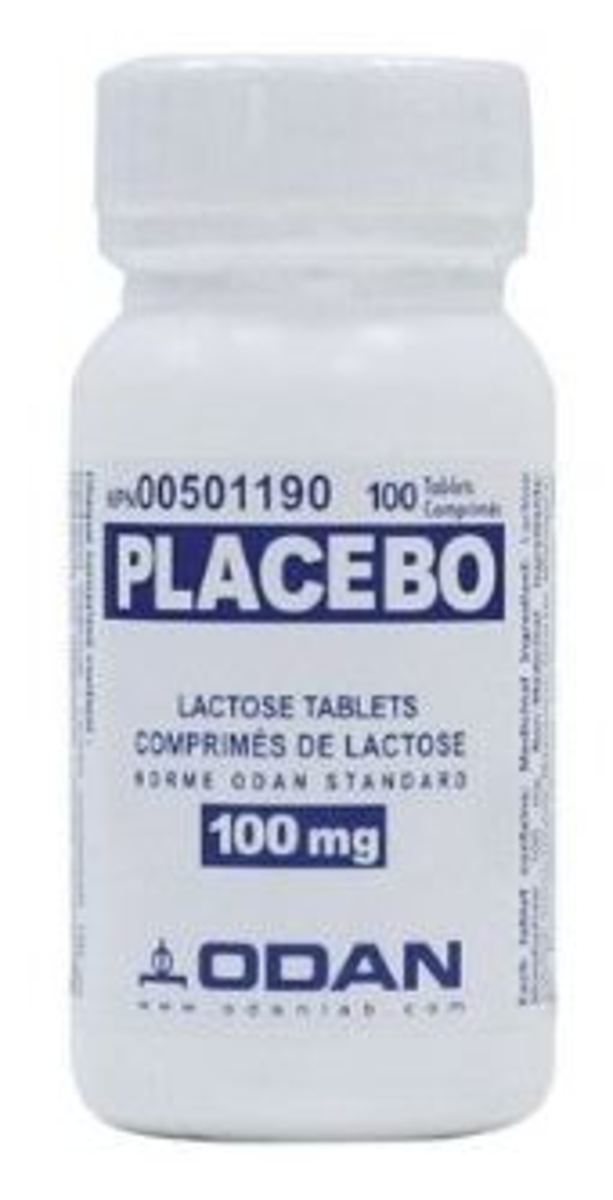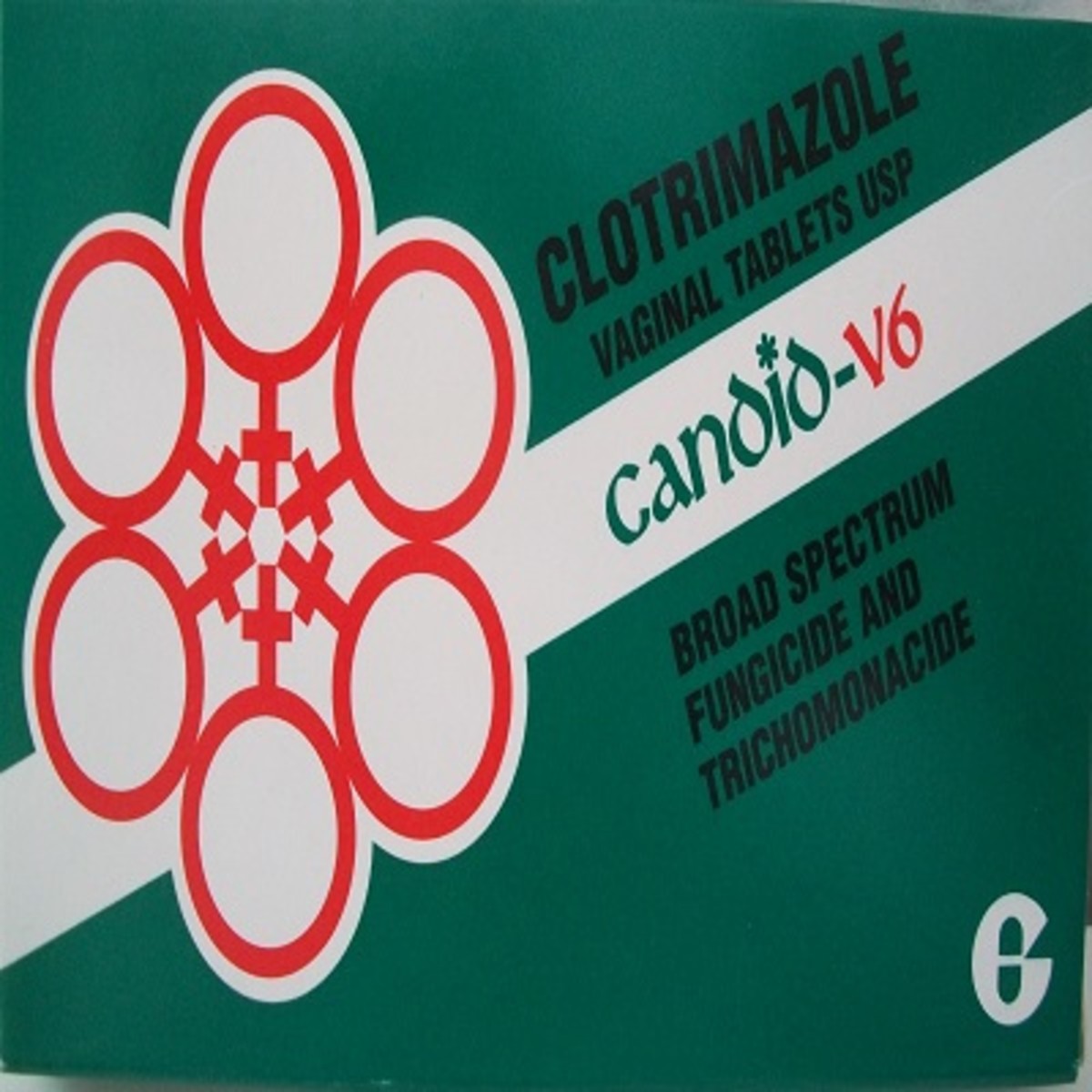Counterfieting in Nigeria
NAFDAC was established by decree 99 of 1993, and this decree regulates and controls the production, importation, exportation, advertisement, use and sale of all drugs, processed food, cosmetics, medical services, including all drinks, chemicals and so on.
The copying of original products, dumping of expired products, even disposable water in sachets produced in every street unregulated caused rampant outbreak of water-borne diseases, especially cholera and typhoid, soft drinks that were supposed to be of the same quality with similar products in other parts of the world because they are the same brand were different because there was no regulation. Juices that are not naturally very sweet, are found to be as sweet as honey. Most beer and other alcoholic beverages contain nitrosamine. Nitrosamine is a natural bye-product of brewery, but it takes a lot of refining to remove it from beer, this is not done for beer consumed in this country, but it was done for export.
A lot of poison put in food in one way or the other like bromate in bread. Bromate was to bake in this country; it just enhances the bread abnormally. It enhances very well, much more than the usual healthy enhancers and is very cheap; bromate also causes cancer, kidney failure, loss of hearing, breakdown of vitamins in bread and other deleterious effect. Well over 95 percent of bakeries were using bromate in this country.
One of the worst cases of unwholesome food that was discovered in the process of regulation and control in the past six years was when a man who for many years had been mixing baby milk with cassava flour and sugar. So, only God knows how many babies have died of being poisoned by cyanide
In the area of cosmetics, Many people were intercepted puffing empty bottles and packets of designer perfumes and diluting and filling them with diluted concentrates here in Nigeria. Ladies were using these things containing mercury, hydro phenol which not only destroys the skin but targets the kidney.
People have been massively importing chemicals that were banned or restricted, that could be used in developing explosives or refining hard drugs.
Fake drugs were first noticed in Nigeria in 1968, and the situation continued to deteriorate. By 2001, Nigeria was rated as about the country with the highest incidence of fake drugs. And consequently, made-in-Nigeria drugs were banned in other West African countries. Some researchers like Kool in 1989 said that 25 per cent of drugs in Nigeria were infected, 25 per cent genuine, 50 per cent inconclusive, Lambo in 1990 said Nigeria has 54 per cent fake and that the figure will rise to 80 per cent the following year, Osekpe et.al reported that the country had 41.4 per cent fake and Osolo et.al reported in 2001 that we had 48 per cent of drugs in circulation as fake. We took a conservative average of 41 percent, which means we have 41 per cent of drug in circulation as fake.
The situation was even worse because we had substandard drugs in this system for over two decades, drugs that did not contain any active ingredient. When a drug contains neither taste nor smell, it contains nothing but chalk.
Hundreds of cartons of Supradyn capsules were filled with olive oil, because it they know that there is no way of knowing. Thus they had to be burnt. When a drug contains chemicals that have characteristic taste or smell, they add a little of the active ingredient or sometimes just plain flavouring. Out of all the chloroquine, amobiciline, and ampicillin that were destroyed, none was found to contain up to 20 percent of the active ingredients. They would re-label expired products; they were what could only be described as agents of waste disposal by Asians who are their collaborators. They were copying original brand. They were also labelling drugs totally what they are not.
Novak is an anti-diabetic drug, but once it became scarce, they’d re-label anti-hypertensive as anti-diabetic. And that explains why some people just die like chickens but when you ask their relatives about their health, they tell you that they had no problem; they are just on their normal medication.
Whenever fake drugs are intercepted, operatives go to the shops and markets and try to remove them from circulation and burn them, receipts and invoices are also used to find out, where the retailers buy them from. Then from retailers to distributors, from distributors to importers, from importers to the factory that made it. That was how NAFDAC was able to ban 30 Indian and Chinese companies and one Pakistani company, total of 31, from importing drugs into this country.
NAFDAC looked into the level of compliance with registration and found out that 68 percent of drugs in circulation were actually unregistered, and when drugs are unregistered, it means they are not supposed to be sold in the country. Most fake drugs are unregistered.
The evils of fake drugs are too many, but let me just point out a few. People were dying like rats, there have been numerous cases of treatment failures, and there is a high resistance to antibiotics and anti-malaria. Before 1970, as a child, whenever I was ill, my grandmother would give me a few coins to go and buy chloroquine or phensic, and they give you two tablets of the drug, you drink it, go to school and by noon you sweat it out and you are fine.
By the 80s, we developed resistance to chloroquine and phensic because we were taking sub-standard.
What is resistance? Resistance is when you are taking little quantities of a chemical, the organisms in the body or parasite will get so used to that chemical it becomes like food.
When you eventually take the standard dose, the organisms would not react. We moved from chloroquine to Fansidar and Halfan. These people counterfeited this second line. And we developed resistance. We moved to artesunate, we developed resistance again. And we moved to Artemisinin Combiration Therapy (ACT). The question is, if ACT fails, where do we go from there? Are we going to use magic or witchcraft to treat malaria?
Malaria happens to be disease that kills about a million children daily on the African continent and some people due to their selfish reasons go about thwarting out of efforts at combating it through counterfeiting. This led to:
· The death of tens of thousands of people
· Our local industries going under
· Multinationals and foreign investors left us out of frustration
· We had about 70 manufacturers; that were producing little or nothing, just about 20 per cent of our drug need.
Some of the strategies that are now been used to combat this plague includes but is not restricted to:
· Intense Public Enlightenment
· Impound and Destruction of Counterfeit Product
· Revocation of License from foreign companies engaged in such activities
· Prosecution of Offenders
These are some of the measures taken but a lot work is still needed to be done. We need people to spread this as it might end up saving more lives.
Most of the fake drugs circulating in this country are imported from India and China. I have told you how we identify the places. And consequently, security and health officials go to any country to inspect facilities of production before we register any product. In fact, before they have put up that guideline in January 2002, most of the people that submitted their fruit juices for registration disappeared, because we wanted to see that unlimited orchards and production lines where they were producing the fruits.
The government has put independent analysts in India and China that re-certify drugs before they are imported into Nigeria. So, we don’t just depend on what the manufacturers are telling us. And we are so strict that any drug that is not re-certified by independent analysts is collected and destroyed. And they know, so they are complying and we’ve made more success in India than in China. But we have at least made an in-road for the fact that we have an independent analyst in China.
NAFDAC also have a system where they insist on pre-shipment information, from the drug importers before the drug is accepted. They have to tell the authorities what they are bringing in, every detail down to conveyance vessel, NAFDAC are also working with Nigerian banks, and they do not allow anybody get financial document for purchase until the person clears from NAFDAC. And they insist that before any drug is registered in this country, it must be ensured that drug is used in the country of production.
And we have created a well regulated environment that has saved the lives of millions of Nigerians and created a level playing field for industries to grow. The local industries that were just 70 in number and were moribund, they are now 150. Multinationals that left Nigeria out of frustration, are now coming back. Share prices of pharmaceutical companies in the stock exchange are rising.
Our drugs that are banned in other West African countries are now unbanned. We have secured 45 convictions, we destroyed over 104 billion dollar worth of fake products.
I don’t want to go on and on with our strategies because I have already given you the highlights.
Well, it is not all bad news, we have some good news. The good news is that we have sanitized the food and drug industry in this country.
And we have created a well regulated environment that has saved the lives of millions of Nigerians and created a level playing field for industries to grow. The local industries that were just 70 in number and were moribund, they are now 150. Multinationals that left Nigeria out of frustration, are now coming back. Share prices of pharmaceutical companies in the stock exchange are rising.
Our drugs that are banned in other West African countries are now unbanned. We have secured 45 convictions, we destroyed over 104 billion dollar worth of fake products.
